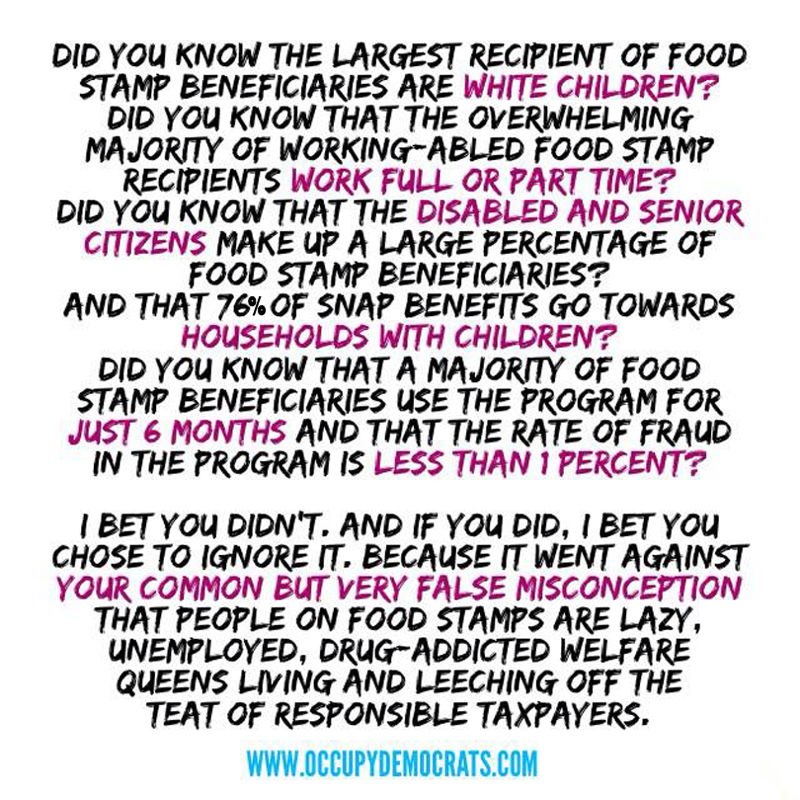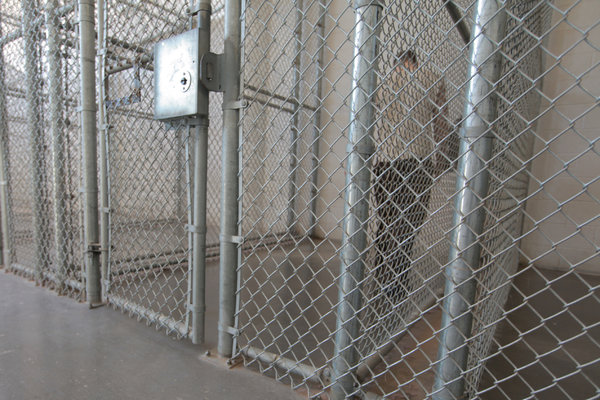Why It’s Hard To Talk About Race
The Article: The challenges of talking about race by Harvey Young in Al-Jazeera.
The Text: Race is a topic that most people would prefer not to address. The widespread reluctance to talk about race frequently stems from the anxieties and stress that occur with the admission (or confession) that we not only perceive differences in complexion as well as cultural and religious practices but also apply meaning to them.
To enter such a difficult dialogue would threaten our credentials as twenty-first century thinkers who have advanced beyond last century’s logic of the “colour line” and possess the capacity to see beyond the rigidly defined racial categories of the past.
To talk about race feels dangerous. There is the possibility of slippage, a verbal gaffe or, perhaps worse, a sincere and honest opinion that does not jibe with contemporary group think. Will we say something that may evidence that we may not be as enlightened as we imagine ourselves to be? Will a slip of the tongue accidentally give both credence and a sense of materiality to a concept (race) that we know does not really exist and is simply a fiction invented to divide people?












